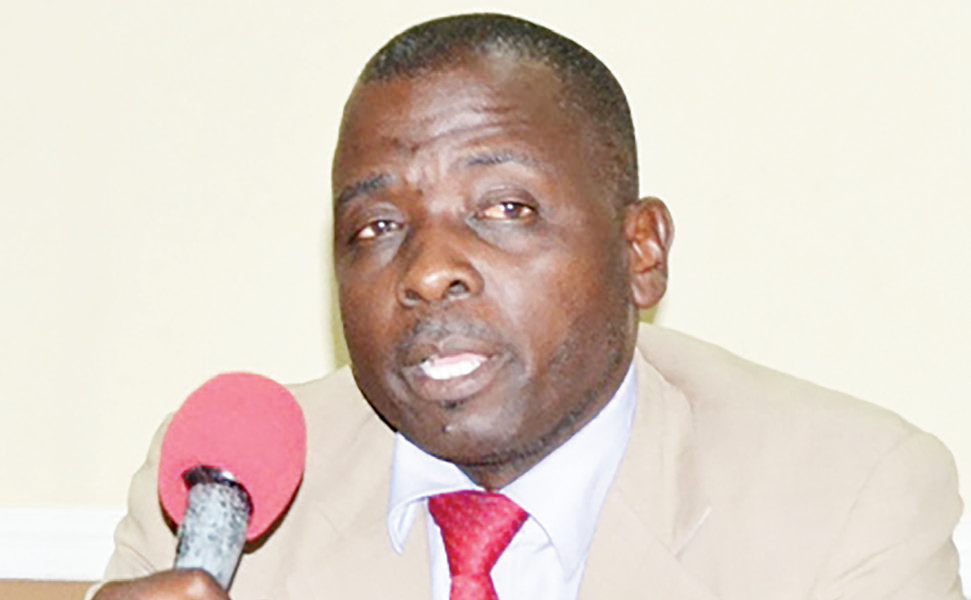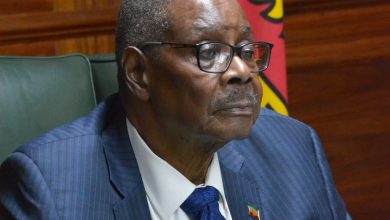Experts back hiring freeze, but call for deeper reforms
Economists, governance experts and workers’ representatives have cautiously welcomed government’s decision to suspend recruitment and promotions in the civil service, describing it as a prudent but temporary step to restore fiscal discipline.
Scotland-based economist Velli Nyirongo described the hiring freeze as “a significant short-term measure to stabilise public finances and restore fiscal discipline”.

The decision, announced as part of austerity measures to contain Malawi’s growing wage bill, comes at a time when public finances are under intense strain following years of expenditure overruns and domestic borrowing.
In the 2025/26 National Budget, government projected wages and salaries to rise to K1.53 trillion, equivalent to 5.9 percent of the gross domestic product (GDP), including K10 billion for recruitments and K176 billion for salary adjustments.
Former minister of Finance and Economic Affairs Simplex Chithyola-Banda told Parliament that the overall fiscal deficit would reach K2.47 trillion, or 9.5 percent of GDP to be financed mainly through domestic borrowing.
Economists such as Nyirongo say the figures reflect a pattern of unsustainable expenditure that has eroded fiscal space and contributed to inflationary pressures.
“With the wage bill now unsustainable, this pause is a step in the right direction to curb inflation and protect macroeconomic stability,” he said. “It signals government’s commitment to prudent fiscal management at a time when revenue performance remains constrained and debt servicing pressures persist.”
Nyirongo added that while the freeze will not immediately reduce the wage bill, it prevents further escalation and creates room for reform.
On its part, Malawi Congress of Trade Unions (MCTU) said the suspension raises legitimate concerns about public sector incomes and morale.
“There is a risk that freezing the wage bill could erode workers’ incomes,” said MCTU secretary general Charles Kumchenga. “But we have to meet the government to understand the reasons and what they really want to achieve. We have scheduled a meeting for next week and will be in a better position to make an official comment then.”
Kumchenga also questioned the government’s ability to eliminate ghost workers, saying previous attempts had failed due to systemic weaknesses and corruption.
Malawi Local Government Association executive director Hadrod Mkandawire said councils understood the rationale behind the freeze, but urged government to consult widely before extending it.
“We have no objection to the suspension as it is temporary, and the reasons provided are well justified in the interest of broader national economic stabilisation,” he said. “However, if the moratorium is sustained in the medium term, local authorities should be consulted on which priority positions to be exempted.”
Mkandawire warned that councils are already struggling to fill vacancies in education, health and infrastructure management, and that a prolonged freeze could undermine service delivery in key sectors.
Governance analysts argue that Malawi’s fiscal challenges run deeper than payroll fraud. The government operates 21 ministries but employs 63 principal secretaries—an average of three per ministry. Of these, 56 are stationed in ministries while others are based at the Office of the President and Cabinet, a configuration critics say reflects political patronage rather than efficiency.
The World Bank’s July 2025 Malawi Economic Monitor warned that fiscal overruns and weak oversight have pushed the country’s deficits “among the highest in Africa.”
It urged authorities to “improve oversight of the wage bill to remove ghost workers, strengthen public financial management systems and cancel idle or underperforming projects.”
—Additional reporting by RAPHAEL MVONA, Staff Reporter





